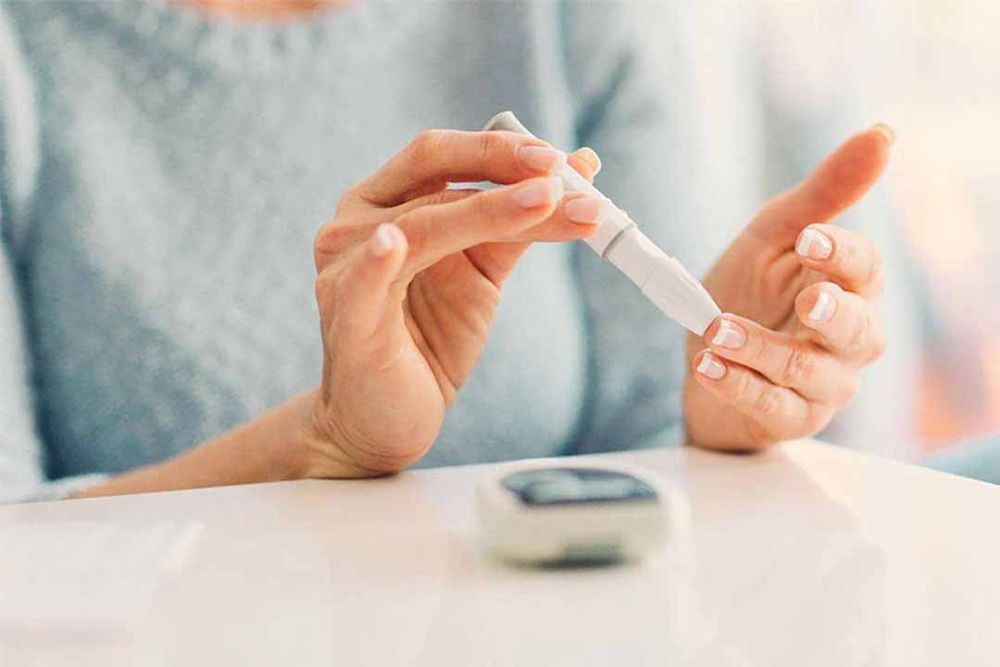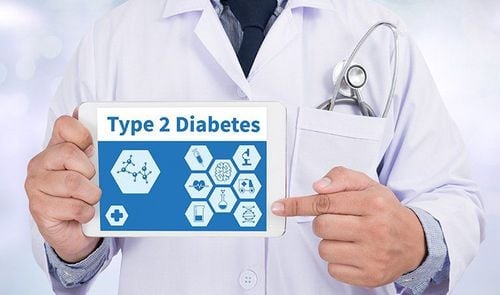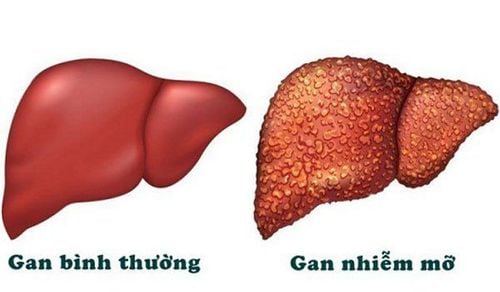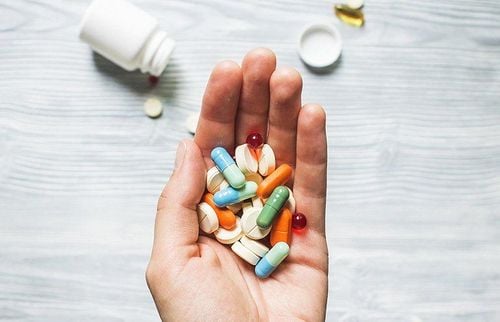Diabetes is a chronic condition that often tends to worsen over time, so medication is usually required for an extended period. However, not everyone is required to take medication for life. In some cases, patients can adjust or stop taking diabetes medication.
1. Types of Diabetes Medication?
Diabetes mellitus is a condition where blood sugar levels rise above the normal threshold. Diabetes can be classified into two types: type 1 and type 2. Most patients will have to take daily blood glucose-lowering medication after being diagnosed with diabetes.
Some of the most commonly used blood glucose-lowering medications include:
- Insulin: A synthetic form of insulin used in the treatment of type 1 diabetes and gestational diabetes. For type 2 diabetes, insulin is used in acute cases (ketoacidosis, trauma, surgery), liver or kidney failure, or when other diabetes medications are no longer effective.
- Metformin (Glucophage): This is considered the first-line drug in the treatment of type 2 diabetes. It works by reducing insulin resistance and decreasing glucose production in the liver. Additionally, it can cause a loss of appetite, making it suitable for overweight individuals.
- Sulfonylurea (Diamicron, Amaryl): Lowers blood sugar by stimulating the pancreas to release more insulin. Therefore, it is only effective in people with type 2 diabetes.
- Acarbose: This group of diabetes medications reduces the activity of starch-digesting enzymes in the intestine, reducing sugar absorption. Patients need to take it before meals for it to be effective.
- Other diabetes medications are used such as DPP4 inhibitors, dopamine agonists, SGLT2 inhibitors, etc. Most of these drugs are rarely used alone but are often combined with metformin.
Depending on the patient's condition and disease type, the doctor or pharmacist will choose the appropriate medication.

2. Goals of Using Diabetes Medication
The goal of diabetes treatment is to stabilize blood sugar levels, thereby helping to prevent complications caused by the disease. Many people worry that long-term medication use may have negative effects on the body; however, when medication is prescribed, doctors have already weighed the benefits and risks. Taking medication correctly and regularly helps improve symptoms and, importantly, helps prevent complications.
According to the American Diabetes Association, the blood sugar goals for diabetic patients under treatment are:
- Fasting blood sugar: 4-7.2 mmol/l.
- Two-Hour Postprandial Glucose: < 10 mmol/l.
- HbA1c level: < 7%
These are the targets for younger diabetic patients without severe complications. For older adults (≥ 65 years old) with multiple complications and comorbidities, the target blood sugar level is higher.
3. When Should You Stop Taking Diabetes Medication?
Many diabetic patients wonder when they can stop taking medication. In fact, taking diabetes medication is not necessarily a lifelong requirement. In some cases, doctors may consider reducing the dose or temporarily stopping the use of blood glucose-lowering medication.
Some cases where the dose can be reduced or medication can be stopped include:
- Stable blood sugar levels, including HbA1c < 6.5%, fasting blood sugar < 6 mmol/l, two-hour postprandial glucose < 7.8 mmol/l for at least 6 consecutive months.
- Patients who are taking medication correctly and regularly experience hypoglycemia (low blood sugar): Signs of hypoglycemia include sweating, tremors, numbness in the limbs, dizziness, headache, hunger, fatigue, etc.
- Not using medications that cause hypoglycemia if the blood sugar level is low before taking or injecting them, due to the risk of hypoglycemia.
Patients are usually instructed to reduce the dose or temporarily stop the medication and need to adhere to a strict diet and lifestyle as required by the doctor to maintain stable levels. Especially when stopping medication, patients must regularly self-monitor their blood sugar at home and have regular health check-ups.
Patients should avoid stopping diabetes medication when they see symptoms improve, as symptoms may not fully reflect the actual condition. Doing so is very dangerous, can lead to uncontrolled blood sugar, and can cause complications to appear sooner.

4. Measures to Control Blood Sugar
Medication can provide fast and effective treatment; however, side effects are unavoidable. To minimize medication use as much as possible, patients need to monitor their blood sugar regularly in combination with making healthy lifestyle changes.
- Do not skip breakfast and divide meals into smaller portions throughout the day to reduce the risk of hypoglycemia.
- Limit sugar intake to prevent blood sugar from spiking suddenly after meals, which is dangerous for patients. Limit foods high in cholesterol as they increase the risk of hyperlipidemia, leading to diabetic complications such as high blood pressure, cardiovascular disease, and kidney disease. Eat a bland diet, reduce salt intake, and increase consumption of green vegetables and fruits with a low glycemic index.
- Regular Exercise: Regular physical activity helps the body become more flexible, improves health, and increases blood circulation, making blood vessels more elastic. This helps diabetic patients avoid or reduce the severity of complications such as high blood pressure and cardiovascular complications. Aim for about 30 minutes of appropriate exercise daily.
- Quit smoking and drinking coffee as they can increase the risk of diabetic complications and worsen the disease. Nicotine in tobacco and caffeine stimulates the nervous system, leading to vasoconstriction and increased pressure on blood vessel walls, which can eventually lead to high blood pressure.
- Limit alcohol consumption as it can be toxic to the liver, reduce fat metabolism, cause fatty liver, and increase blood lipids, which are risk factors for the early onset of diabetic complications.
- Avoid staying up late as it can harm the health of diabetic patients and create conditions for the rapid development of complications.
Taking diabetes medication helps stabilize blood sugar and prevent complications. However, if patients take medication correctly and combine it with a good lifestyle, the dose may be reduced or medication may be stopped altogether. Whether to continue or stop medication is determined by a doctor; patients should not stop taking medication on their own.
Early diabetes screening can help patients avoid more serious complications of the disease, including chronic hyperglycemia that damages the eyes, kidneys, nerves, heart, and blood vessels, as well as the risk of stroke, coronary heart disease, and peripheral vascular disease.
To arrange an appointment, please call … or make your reservation directly HERE. You may also download the MyVinmec app to schedule appointments faster and manage your reservations more conveniently.
Reference sources: hellobacsi.com, Thaythuocvietnam.vn, tuoitre.vn, hoangmydanang.com












